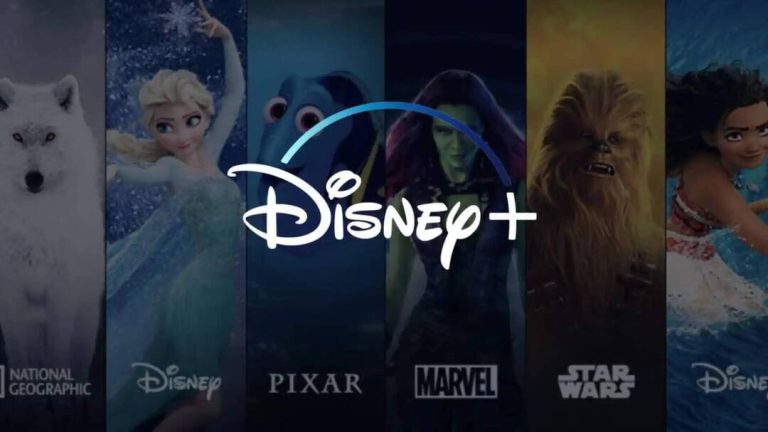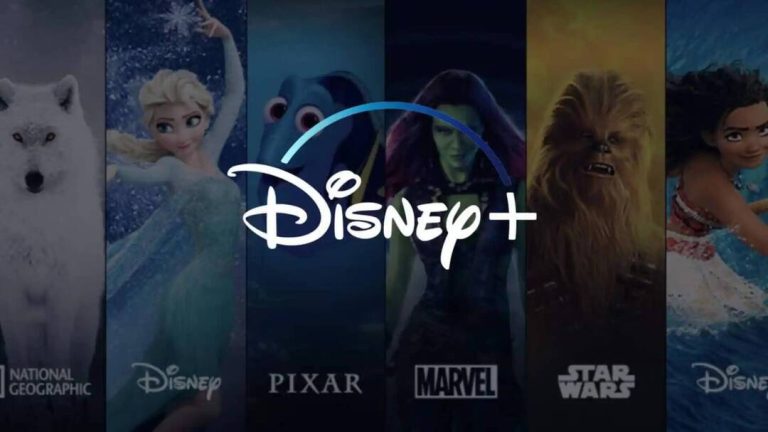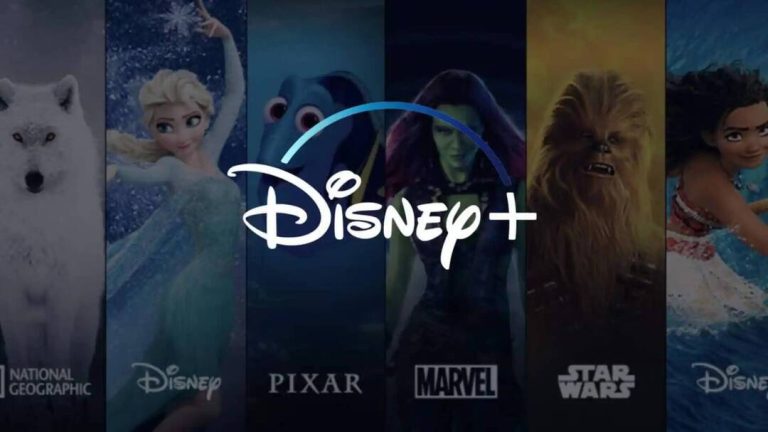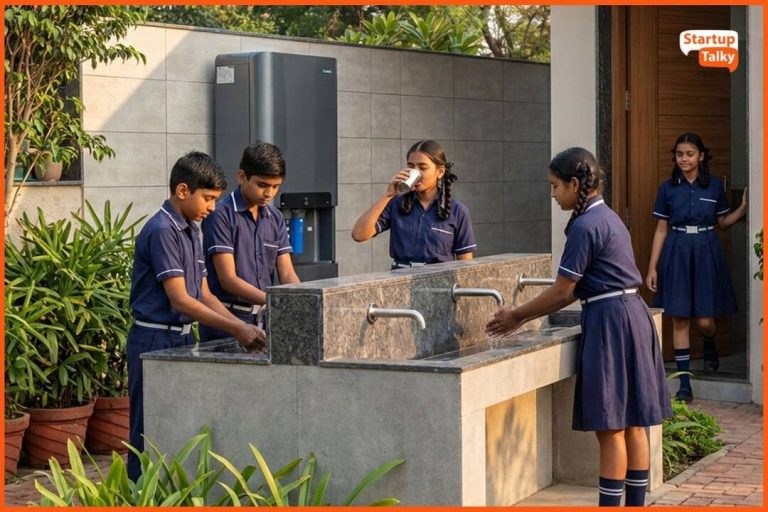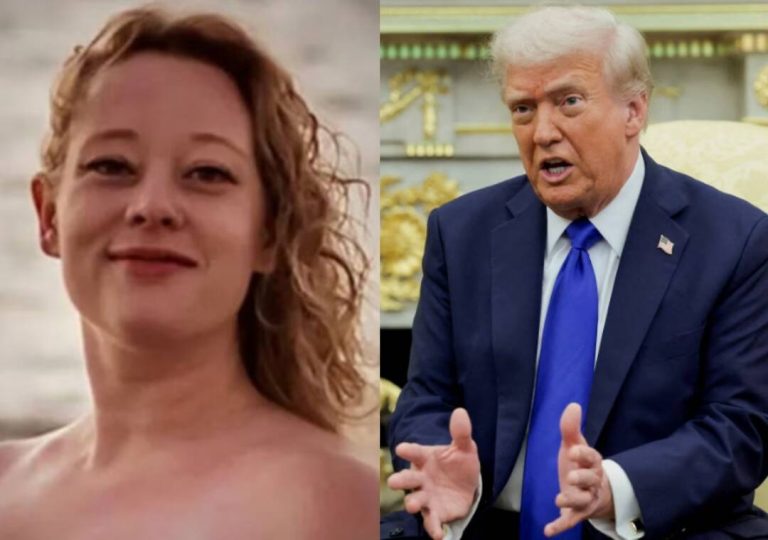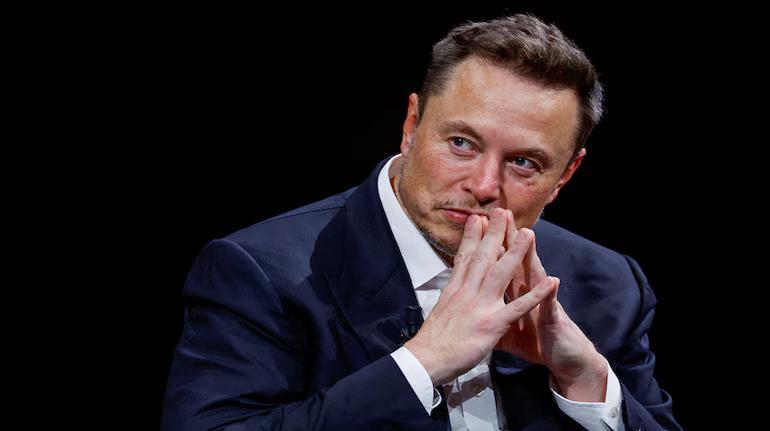
Poverty an engineering issue, AI & humanoid robots will end it: Musk
The concept of poverty has been a persistent issue throughout human history, with millions of people around the world struggling to make ends meet. However, according to billionaire and xAI CEO Elon Musk, poverty is not an insurmountable problem, but rather an engineering issue that can be solved with the help of artificial intelligence (AI) and humanoid robots. Musk recently expressed his views on the matter at the US-Saudi Investment Forum, where he stated that AI and robotics are the key to eliminating poverty and making everyone wealthy.
Musk’s statement may seem like a bold claim, but he believes that as AI and robotics continue to advance, they will be able to automate many of the tasks that currently require human labor. This, in turn, will free up resources and create new opportunities for people to pursue more creative and fulfilling endeavors. With the help of AI and humanoid robots, Musk envisions a future where everyone’s basic needs are met, and people are able to live comfortably without having to worry about money.
One of the main ways that AI and robotics can help to eliminate poverty is by increasing efficiency and productivity. By automating tasks such as manufacturing, transportation, and agriculture, AI and robots can help to reduce costs and increase output. This can lead to a surplus of goods and services, which can then be distributed to those who need them most. Additionally, AI and robots can help to improve healthcare, education, and other essential services, which are often lacking in poverty-stricken areas.
Musk also believes that AI and robotics can help to create new industries and job opportunities, which can help to stimulate economic growth and reduce poverty. For example, the development of autonomous vehicles and drones can create new jobs in fields such as logistics and transportation. Similarly, the use of AI in healthcare can create new opportunities for medical research and development.
Another important aspect of Musk’s vision is the concept of a universal basic income (UBI). He believes that as AI and robots take over many of the tasks that currently require human labor, there will be a need for a safety net to ensure that everyone’s basic needs are met. A UBI would provide every citizen with a guaranteed minimum income, regardless of their employment status. This would help to alleviate poverty and ensure that everyone has access to the resources they need to live a dignified life.
Musk’s statement that money will eventually stop being relevant in the future may seem like a radical idea, but it is based on the notion that AI and robots will be able to provide for everyone’s needs. In a world where all basic needs are met, the concept of money and ownership may become less relevant. People may be free to pursue their passions and interests without having to worry about making a living.
While Musk’s vision for a poverty-free future may seem like a utopian dream, it is based on a deep understanding of the potential of AI and robotics to transform our world. As these technologies continue to advance, we can expect to see significant improvements in efficiency, productivity, and innovation. By harnessing the power of AI and robots, we may be able to create a world where everyone has access to the resources they need to thrive.
In conclusion, Elon Musk’s statement that poverty is an engineering issue that can be solved with the help of AI and humanoid robots is a bold and thought-provoking idea. While it may seem like a radical concept, it is based on a deep understanding of the potential of these technologies to transform our world. As we continue to advance in the fields of AI and robotics, we may be able to create a future where poverty is a thing of the past, and everyone has the opportunity to live a happy and fulfilling life.
